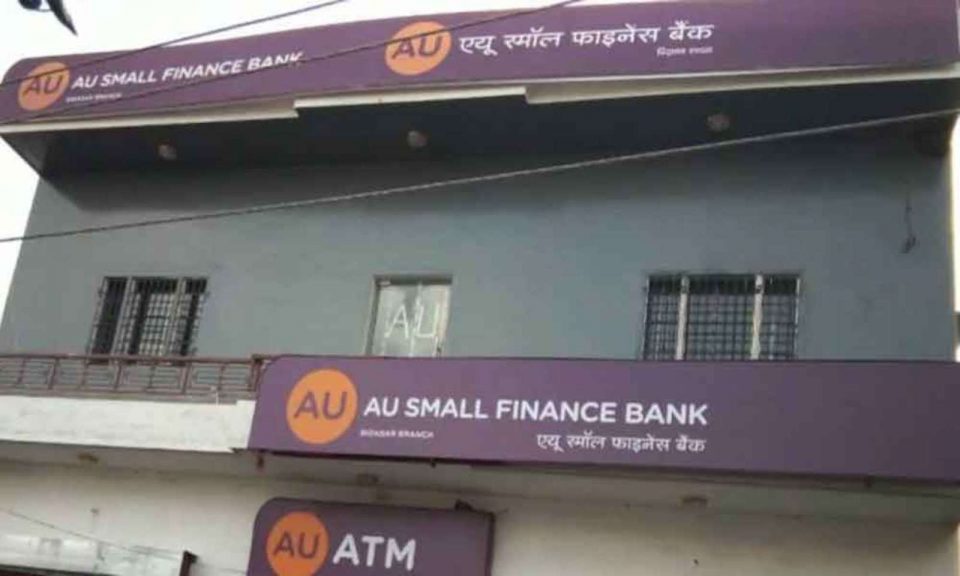Jaipur-based AU Small Finance Bank has raised Rs 625.50 crore by issuing shares to a set of investors through qualified institutional placement (QIP). The bank has completed the allotment of equity shares under QIP and has successfully raised Rs 625.5 crore through the issuance of 50,00,000 equity shares at an issue price of Rs 1,251 per share. The issue was launched on March 9, with a floor price of Rs 1,181.06 apiece.
The QIP witnessed strong reception from both domestic and international institutional investors and the QIP was subscribed by sovereign wealth funds, large foreign portfolio investors, life insurance companies, and domestic mutual funds, AU Small Finance Bank said. AU Bank intends to use the net proceeds for supporting long-term growth aligned to the bank’s internal risk appetite, to maintain sufficient headroom over and above the regulatory capital adequacy requirements; and for general corporate requirements or any other purposes, it said.
The allottees who have been allotted more than 5 per cent of the equity shares offered in the issue were- Government of Singapore (26.69 per cent); Monetary Authority of Singapore (5.91 per cent), HDFC Life Insurance Co Ltd (23.60 per cent); and Small Cap World Fund, Inc (39.66 per cent).
- Just Dial Stocks Skyrocketed 15% On Announcement of Q4FY24 Business and Financial Updates
- Swing-Trading 101: Capturing Market Moves with Flexibility
- Jubilant Pharmova Shares Climbed 8% On Announcing Ceastion of Loss Making Arm’s Operations in Salisbury, USA
- Paytm Shares Gained 4.5% on NPCL’s Approval To Create New VPAs with Axis, HDFC, SBI, and Yes Bank
- Ambuja Cements Shares Gained 3% On Receiving Additional Rs 8,339 Crore Investment From Adani Group
“We have successfully closed the first-ever QIP of the Bank. We received a strong reception from global and local investors which is a testament to the quality of our banking franchise and our future outlook,” said Sanjay Agarwal, MD & CEO of AU Bank. The Bank has emerged stronger after the pandemic, and the bank’s performance gives it greater confidence to continue serving the small businesses and retail borrowers in the underserved and unserved rural and semi-urban regions of the country, Agarwal said.


 Signals, Powered By EquityPandit
Signals, Powered By EquityPandit

